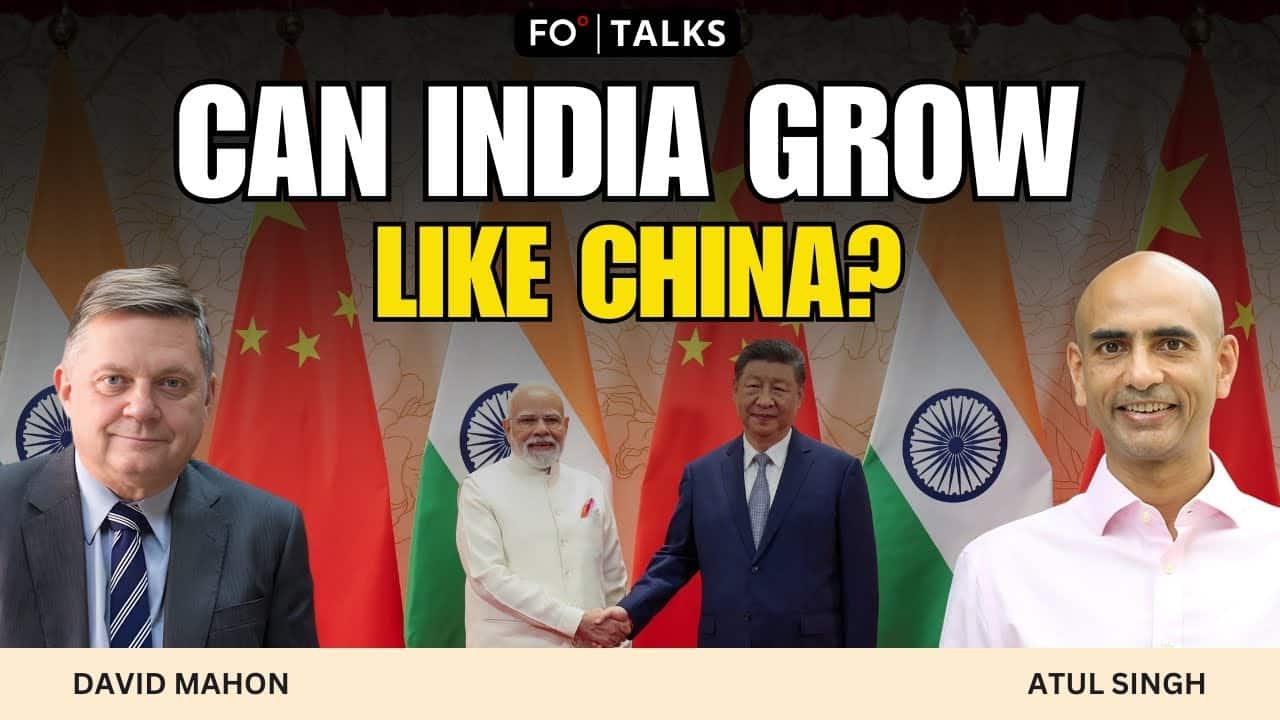On October 22, Russian President Vladimir Putin hosted the BRICS summit in Kazan, Russia, gathering leaders from Brazil, Russia, India, China and South Africa. These five countries make up the BRICS organization, which aims to reshape the global order to reflect their own economic and political interests. This year, Putin’s primary goal was to strengthen BRICS by proposing an alternative international payment system that would bypass Western financial dominance, particularly that of the United States.
The BRICS countries argue that the US and its allies have weaponized the global financial system. The dominance of the dollar, and to a lesser extent the euro, in international trade and finance allows the West to impose sanctions that impact countries' economies deeply. For instance, following Russia’s invasion of Ukraine in 2022, the US and its allies froze $282 billion of Russian assets held overseas and cut Russian banks off from SWIFT, a global system for cross-border payments. America also warned other countries’ banks of potential “secondary sanctions” if they supported Russia.
These actions have led several countries to reevaluate their reliance on the US dollar. Central banks around the world, especially in countries at odds with the US, are stockpiling gold and exploring alternatives to dollar-based transactions. BRICS members see this dependency on Western-controlled systems as risky and are eager to reduce it. China, in particular, views reliance on the dollar as a major security vulnerability.
The proposed solution: BRICS Bridge
To reduce dependency on Western financial systems, Russia proposed a new payment system called “BRICS Bridge.” This digital platform would allow BRICS countries to conduct cross-border payments through their central banks without relying on US-controlled networks like SWIFT. The concept borrows elements from a similar system, mBridge, which is partly overseen by the Bank for International Settlements (BIS) in Switzerland, a prominent institution in the Western-led financial order. However, BRICS Bridge aims to challenge that order, offering a financial lifeline to countries facing Western sanctions and creating a more multipolar financial system.
Different visions of global influence
Russia and China are the main drivers behind the push for BRICS reforms, but their motivations differ. Russia seeks to create a sphere of influence that protects its interests and supports its allies through a flexible, transactional approach to international relations. This approach would allow countries to engage with Russia based on mutual benefits without subscribing to Western “normative” values, which Russia sees as biased.
China’s ambitions go further. Rather than just establishing an independent sphere, China wants to rewrite international rules, shaping a world order where multiple centers of power coexist, with China as a central authority. This would give China greater control over global trade, finance, and diplomacy, gradually replacing the US as the primary rulemaker.
Many countries in the Global South support BRICS because they see it as a pathway to a more flexible international environment where they can negotiate deals that directly benefit their economic growth. For example, India has reaped significant benefits from purchasing discounted Russian oil, prioritizing these economic gains despite the moral conflict posed by the ongoing war in Ukraine. In a multipolar world, countries in the Global South could avoid being tied down by Western rules and make independent decisions in their best interests.
However, this freedom comes with risks. Without a dominant Western power like the US to counterbalance rising powers, these smaller countries could find themselves vulnerable to regional giants, such as China, who may impose their will on them by force in the future.
The BRICS alliance reflects a growing dissatisfaction with the current global order. Critics argue that the US-led international system has become ineffective and no longer serves the interests of many countries, leading them to seek alternatives. However, BRICS itself has limitations. Despite its symbolic appeal, it has not achieved substantial progress on key issues like creating a global currency to rival the dollar or liberalizing global trade. The dollar remains dominant, and the influence of Western-led institutions persists.
Even if BRICS doesn’t have the power to immediately reshape the world, its existence signals a significant shift. Countries are increasingly interested in alternatives, showing that faith in the US-led system is waning. The BRICS alliance may lack the cohesion and power to fully realize its vision, but its popularity underscores a global desire for change.
[Anton Schauble wrote the first draft of this piece.]
The views expressed in this article/video are the author’s own and do not necessarily reflect Fair Observer’s editorial policy.











































Comment